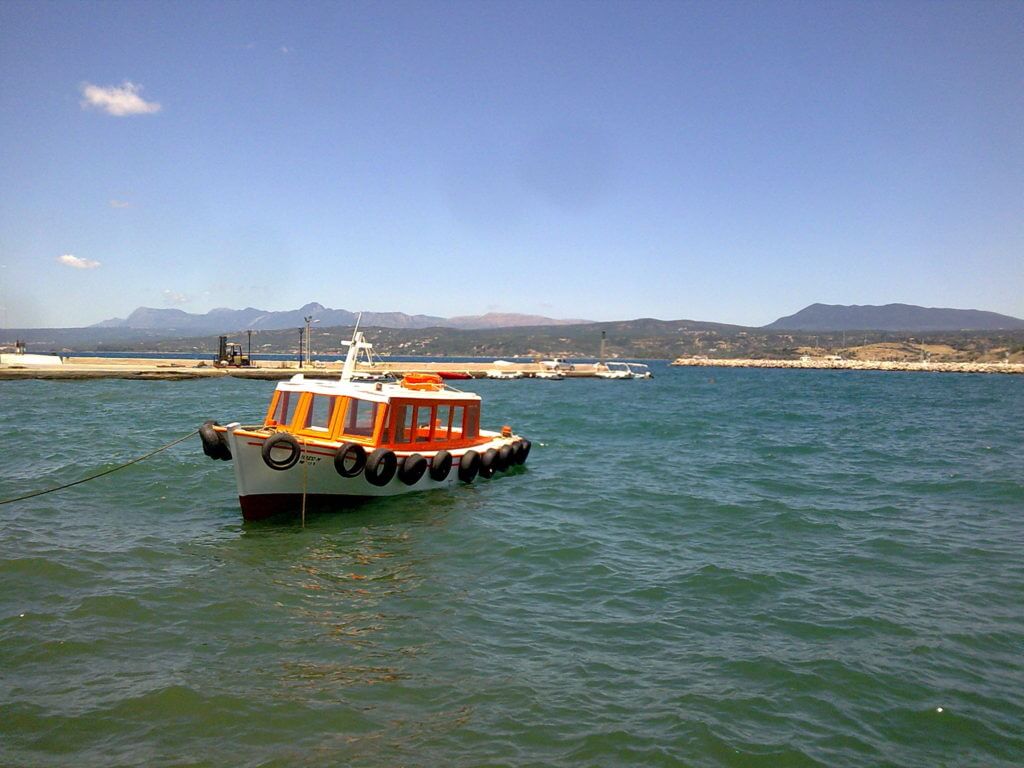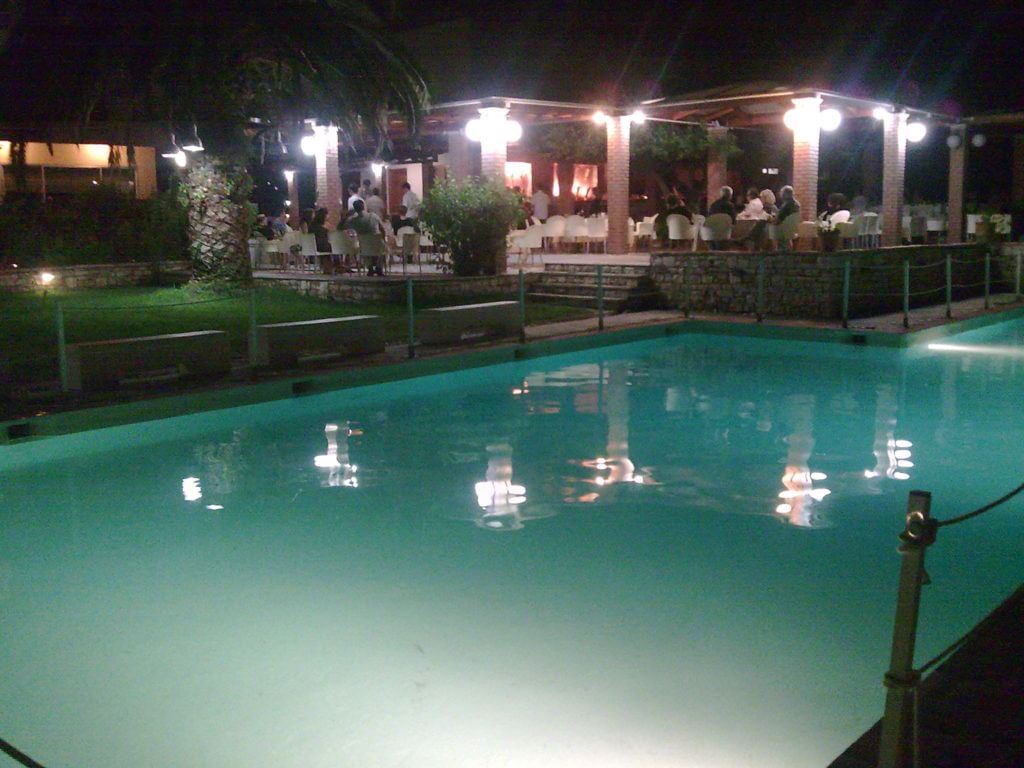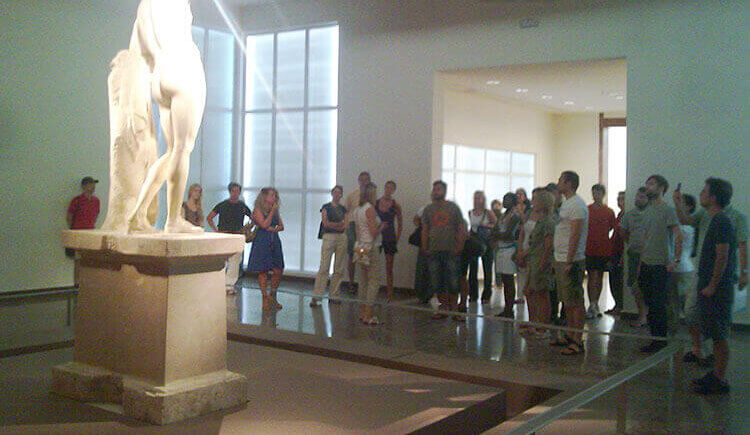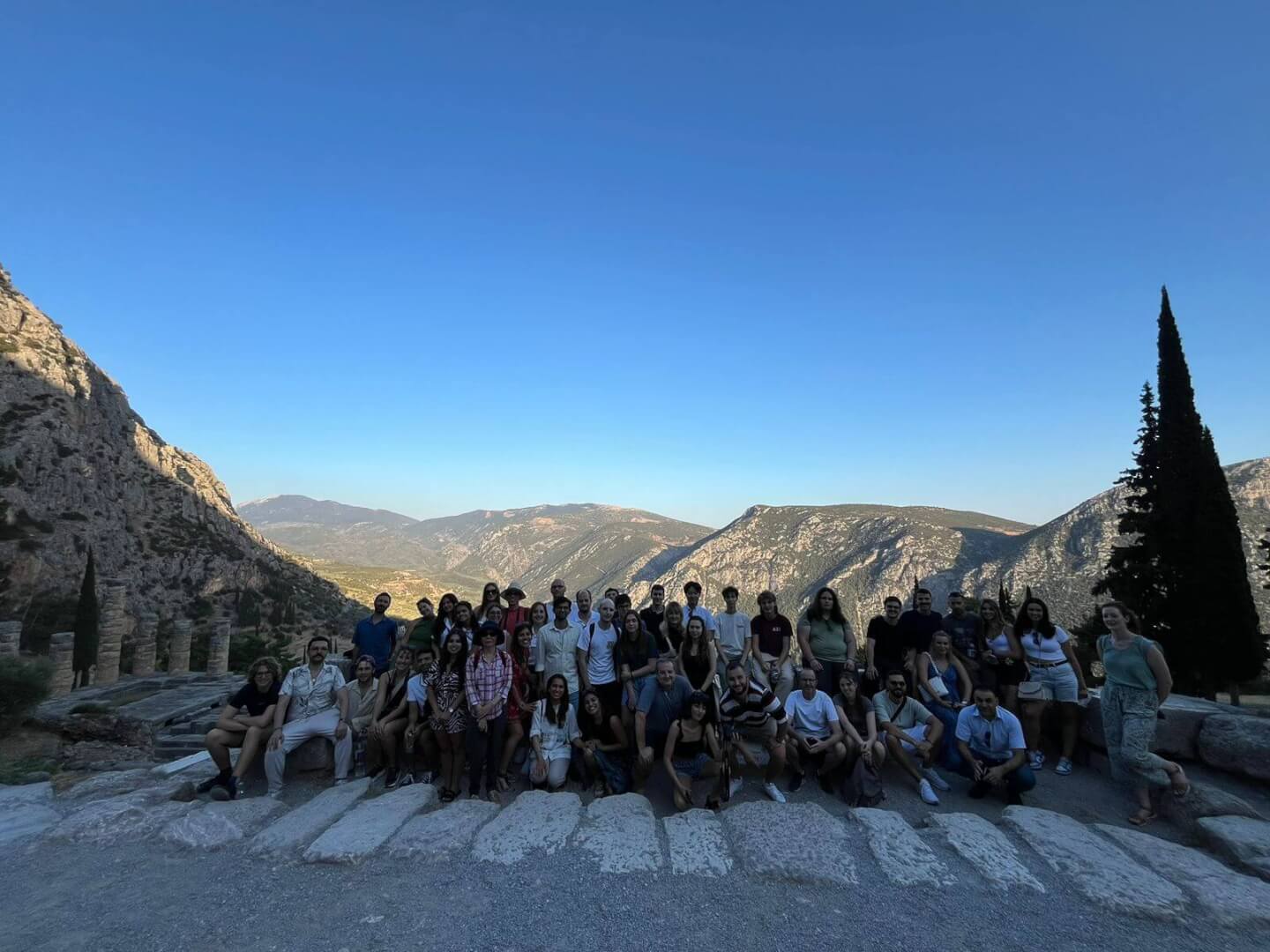Course Structure & Faculty
This year’s Olympia Summer Academy will cover the intersection of large-scale political violence.
Faculty
Michael Hechter (Ph.D. Columbia), Foundation professor of global studies, Arizona State University; director, School of Government, Politics & Global Studies, Arizona State University
Lisa Weeden, Professor and Chair, Department of Political Science, University of Chicago
Stathis Kalyvas (Ph.D. Chicago), Arnold Wolfers professor of political science, Yale University; director of the Program on Order, Conflict, and Violence at Yale and author of The Logic of Violence in Civil War
Dimitris Keridis (Ph.D. Fletcher School, Tufts University), associate professor of international politics at the University of Macedonia, Greece.
Brady Kiesling, Former U.S. diplomat; currently Athens-based author, lecturer and political commentator
6-17 July 2009
Ancient Olympia, Greece

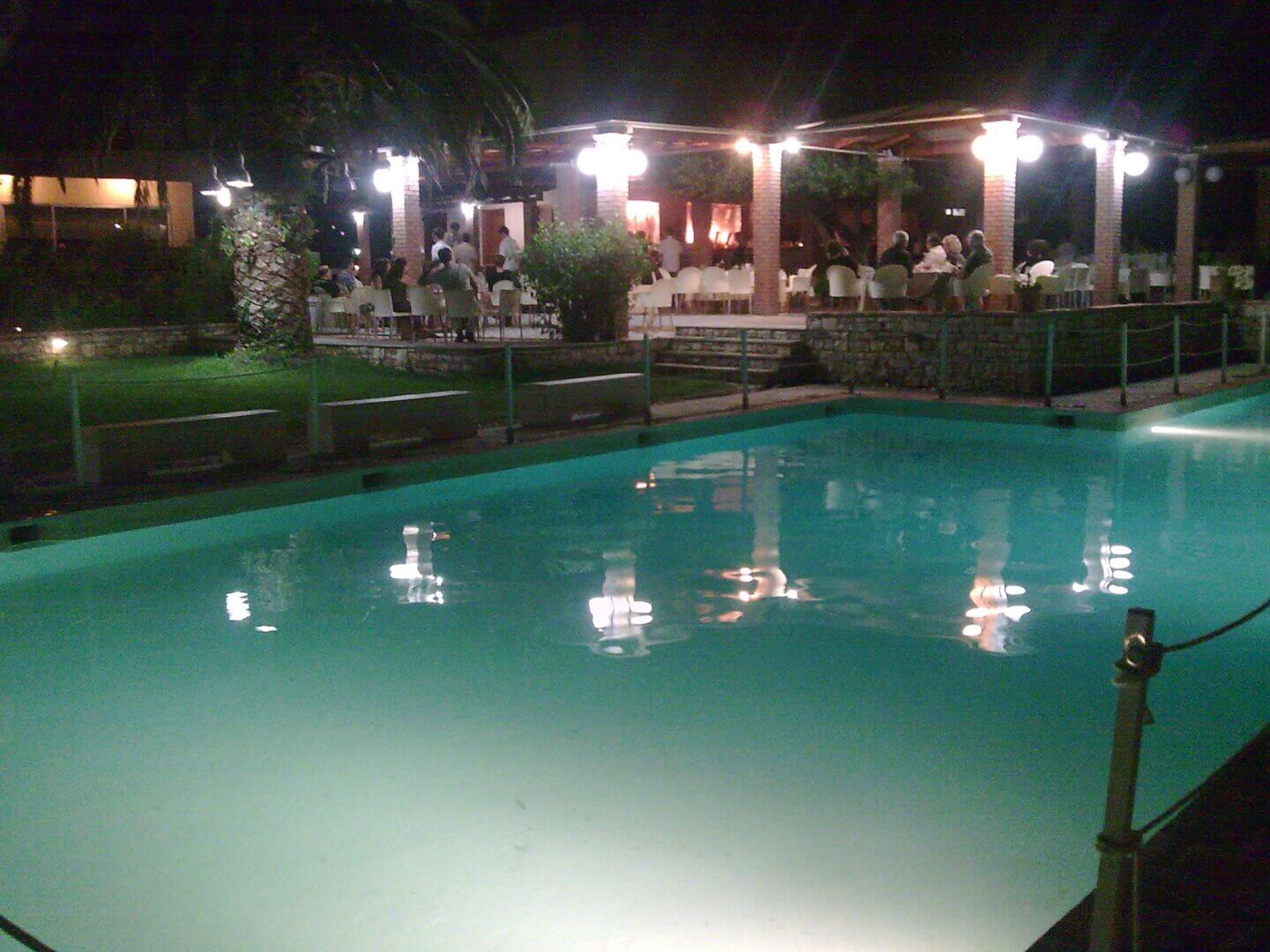
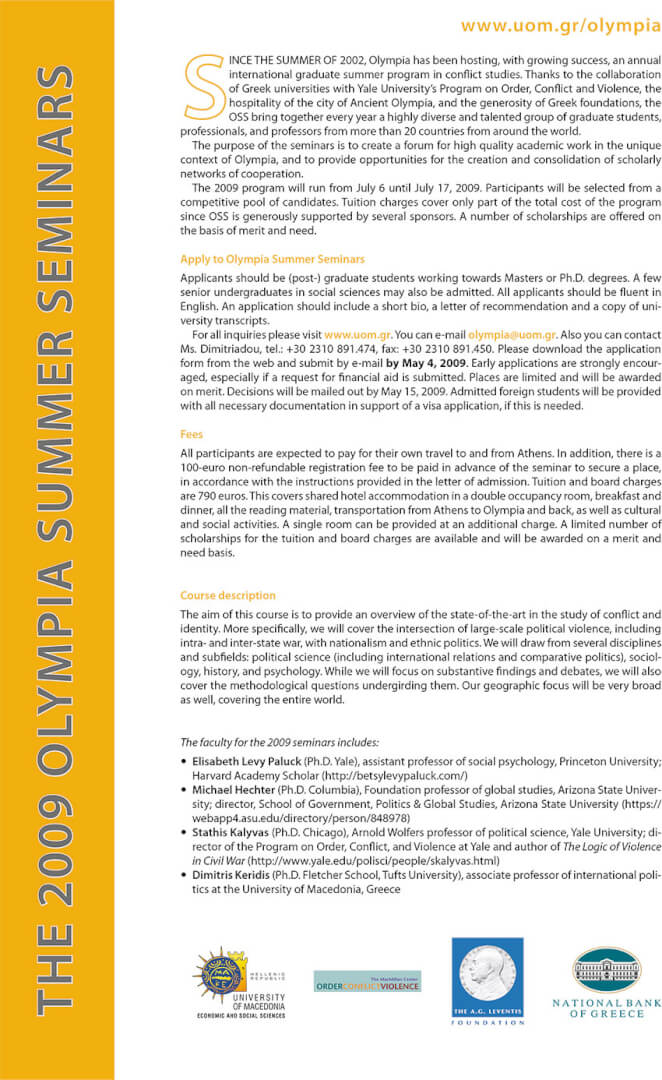
SINCE THE SUMMER OF 2002, Olympia has been hosting, with growing success, an annual international graduate summer program in conflict studies. Thanks to the collaboration of Greek universities with Yale University’s Program on Order, Conflict and Violence, the hospitality of the city of Ancient Olympia, and the generosity of Greek foundations, the OSS bring together every year a highly diverse and talented group of graduate students, professionals, and professors from more than 20 countries from around the world.
The purpose of the seminars is to create a forum for high quality academic work in the unique context of Olympia, and to provide opportunities for the creation and consolidation of scholarly networks of cooperation.
The 2009 program will run from July 6 until July 17, 2009. Participants will be selected from a competitive pool of candidates. Tuition charges cover only part of the total cost of the program since OSS is generously supported by several sponsors. A number of scholarships are offered on the basis of merit and need.
Course description
The aim of this course is to provide an overview of the state-of-the-art in the study of conflict and identity. More specifically, we will cover the intersection of large-scale political violence, including intra- and inter-state war, with nationalism and ethnic politics. We will draw from several disciplines and subfields: political science (including international relations and comparative politics), sociology, history, and psychology. While we will focus on substantive findings and debates, we will also cover the methodological questions undergirding them. Our geographic focus will be very broad as well, covering the entire world.
